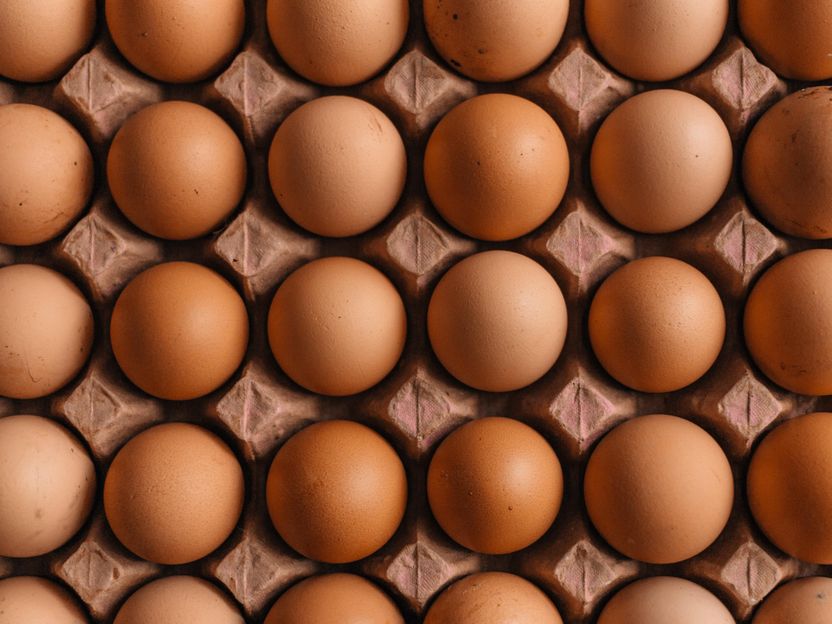Egg labelling: Many EU countries support Klöckner proposal
Advertisement
Many EU countries have supported a proposal by German Agriculture Minister Julia Klöckner that the farming methods of laying hens should be labelled in processed foods. Specifically, this applies to biscuits, pasta and mayonnaise. Support came from Austria, Denmark, the Netherlands and Italy, among others. At a meeting of EU agriculture ministers on Monday, France stressed that there should also be rules for imported food and that a harmonised approach was needed, but also agreed in principle with the plan.

Photo by Erol Ahmed on Unsplash
"Many consumers want transparent information," Klöckner said, explaining the initiative to her counterparts. This would provide an incentive for better animal husbandry. There had already been some talks on the subject with the responsible EU Commissioner, Stella Kyriakides.
Germany asked to consider a corresponding legislative initiative.
Critical voices came from eastern EU member states. Hungary stressed that it did not support mandatory labelling. Bulgaria also stressed this during the meeting.
Associations and organisations expressed positive views on the proposal. "The German Farmers' Association has long called for mandatory husbandry and origin labelling," the association said. One supported the project. However, this should not be limited to eggs, but should also be extended to other goods, especially meat and sausage products. The food expert of the environmental organisation WWF, Tanja Dräger de Teran, said: "An EU-wide labelling obligation on food containing eggs is overdue."/mjm/DP/eas (dpa)
Note: This article has been translated using a computer system without human intervention. LUMITOS offers these automatic translations to present a wider range of current news. Since this article has been translated with automatic translation, it is possible that it contains errors in vocabulary, syntax or grammar. The original article in German can be found here.
Other news from the department business & finance

Get the food & beverage industry in your inbox
By submitting this form you agree that LUMITOS AG will send you the newsletter(s) selected above by email. Your data will not be passed on to third parties. Your data will be stored and processed in accordance with our data protection regulations. LUMITOS may contact you by email for the purpose of advertising or market and opinion surveys. You can revoke your consent at any time without giving reasons to LUMITOS AG, Ernst-Augustin-Str. 2, 12489 Berlin, Germany or by e-mail at revoke@lumitos.com with effect for the future. In addition, each email contains a link to unsubscribe from the corresponding newsletter.






























































